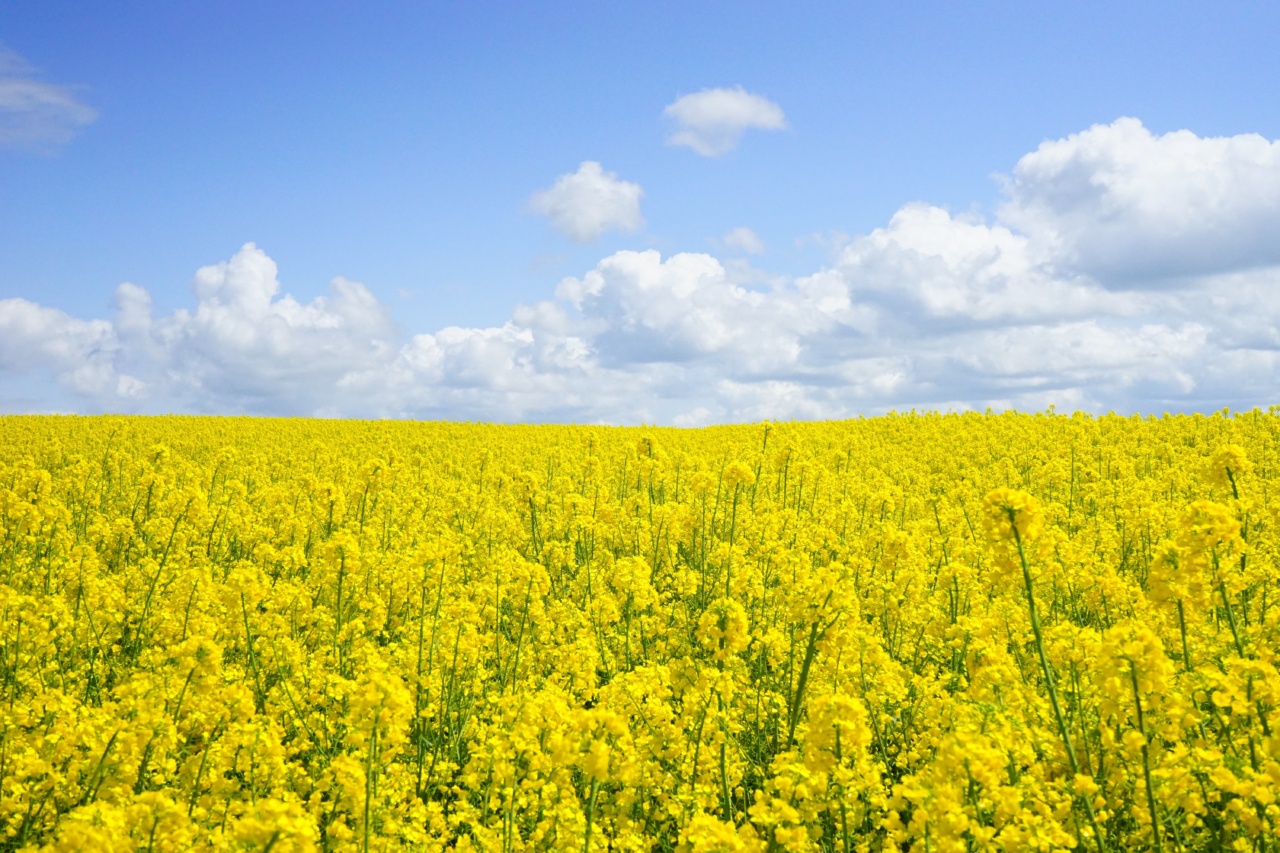Migraines are intense headaches that can cause debilitating pain, nausea, and sensitivity to light and sound.
While there are conventional medications available for managing migraines, many people prefer exploring natural remedies due to their potential effectiveness and minimal side effects. Herbal solutions offer an alternative approach to alleviating migraine symptoms and promoting overall well-being. In this article, we will explore ten herbal remedies that can be beneficial for relieving migraines.
1. Feverfew
Feverfew is a popular herb known for its ability to reduce the frequency and intensity of migraines. The active compound in feverfew, called parthenolide, has anti-inflammatory properties that can inhibit the release of chemicals that cause migraines.
Feverfew can be consumed as a tea or taken as a supplement in capsule form. It is important to note that feverfew should be used consistently for several weeks to experience its full effects.
2. Butterbur
Butterbur is another herb that has shown promising results in combating migraines. Studies have suggested that butterbur can help reduce the frequency of migraines and lessen associated symptoms such as nausea and vomiting.
It works by reducing inflammation and constriction of blood vessels in the brain. It is advisable to use butterbur extracts that are free of a compound called pyrrolizidine alkaloids (PAs), which can be toxic to the liver.
3. Peppermint
Peppermint is a refreshing herb with analgesic and calming properties. It contains menthol, which can help relax muscles and relieve tension headaches that often precede migraines.
Peppermint can be consumed as a tea, inhaled as essential oil, or applied topically as a diluted oil on the temples and forehead for soothing relief.
4. Ginger
Ginger is widely recognized for its anti-inflammatory and pain-relieving properties. It can help alleviate migraines by inhibiting prostaglandins, which are responsible for inflammation and pain. Ginger can be consumed as a tea or taken as a supplement.
Some individuals may find relief by using ginger essential oil topically or inhaling its aroma.
5. Lavender
Lavender is a fragrant herb that has been used for centuries to promote relaxation and relieve headaches. Its calming effects can help reduce anxiety and stress, which are common triggers for migraines.
Lavender essential oil can be inhaled, added to bathwater, or applied topically to the temples for relaxation and potential migraine relief.
6. Willow Bark
Willow bark contains salicin, a compound that is closely related to aspirin. It has been used for centuries as a natural pain reliever. Willow bark can help alleviate migraines by reducing inflammation and inhibiting the production of prostaglandins.
It is available in supplement form or as a tea.
7. Ginkgo Biloba
Ginkgo biloba is an herb known for its ability to enhance blood circulation and relieve migraines. By improving blood flow to the brain, it may reduce the frequency and severity of migraines.
Ginkgo biloba can be taken in the form of capsules or consumed as a tea.
8. Chamomile
Chamomile is a gentle herb with anti-inflammatory and calming properties. It can help ease tension headaches and relax muscles, which can be beneficial for preventing migraines.
Chamomile can be consumed as a tea or applied topically as a diluted oil for soothing relief.
9. Valerian Root
Valerian root is commonly used as a natural remedy for anxiety and insomnia. It has mild sedative and muscle-relaxing effects that may be helpful in preventing migraines caused by stress and tension.
Valerian root can be consumed as a tea or taken as a supplement.
10. Eucalyptus
Eucalyptus essential oil has analgesic and anti-inflammatory properties that can provide relief from migraines. Inhaling eucalyptus oil or applying it topically to the temples and forehead may help reduce pain and promote relaxation.
Conclusion
Herbal solutions can be a viable option for managing migraines, offering natural relief from symptoms without the potential side effects associated with conventional medications.
It is important to note that while herbal remedies are generally considered safe, it is advisable to consult with a healthcare professional before incorporating any new treatments into your routine, especially if you have existing medical conditions or are taking medications.
By exploring the potential benefits of herbs like feverfew, butterbur, peppermint, ginger, lavender, willow bark, ginkgo biloba, chamomile, valerian root, and eucalyptus, individuals may find effective alternatives for migraine management and achieve a better quality of life.






























